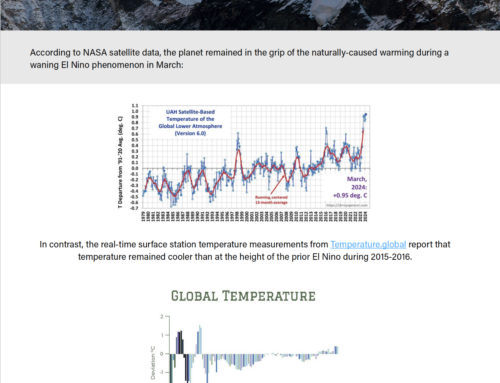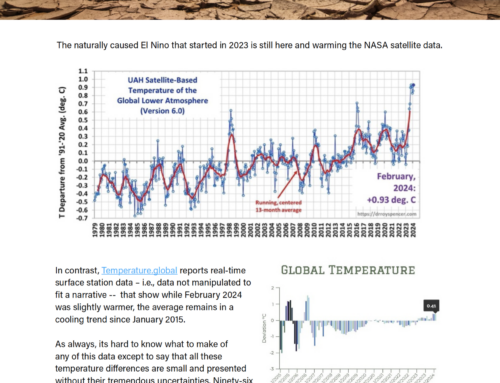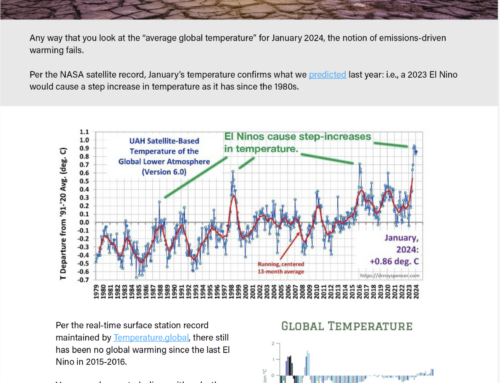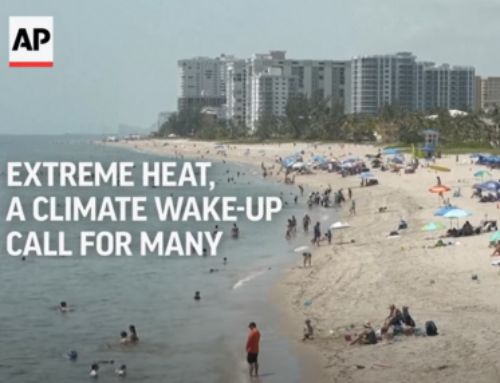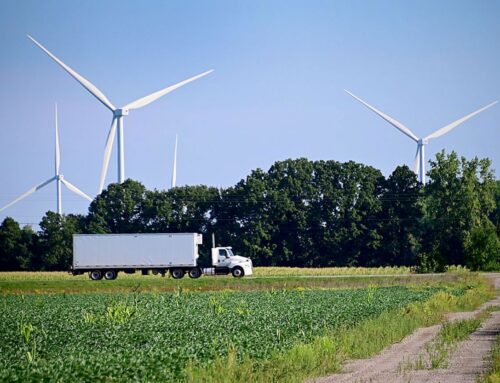For Immediate Release:
April 3, 2017
Contact:
Craig Richardson
[email protected]
Washington, D.C. — Last week, E&E Legal appeared in three courtrooms in a span of 24 hours in its continuing campaign to ensure public access to records generated by activist state attorneys general using their prosecutorial powers to stifle political dissent on climate change issues and the related agenda. E&E Legal broke the campaign by a since-disbanded coalition of AGs last April with key open records requests. After those initial revelations, the AG offices battened down their open records hatches, forcing E&E to sue to obtain for the public what the public owns. This past week continued that fight.
Two judges in New York heard about how Attorney General Eric Schneiderman had shared records with major Democratic Party donors and politically-connected activists, while spending massive amounts of taxpayer resources to withhold those same records from E&E Legal and the public, making dubious claims of “Law Enforcement” privilege. That is, in short, New York’s AG is claiming to have deputized billionaire activist (and the Party’s largest donor) Tom Steyer, and the Rockefeller Family Fund, in his pursuit of the political opposition.
In Vermont, Judge Mary Teachout heard arguments from Attorney General T.J. Donovan regarding that office’s claim to withhold not only records reflecting its work with the erstwhile team of AGs who sought to prosecute and stifle dissent, but also all records reflecting their conversations with other AGs about when to share information with “outside advisors” — who we now know to be party donors and wealthy activists — and when to keep that information secret.
It was in Vermont that the Attorney General finally admitted what has long been apparent: The AGs who seek to prosecute those who disagree with their political agenda expressly decided, after Vermont’s initial April 2016 public records releases led to exposure of and widespread embarrassment among participating AGs, to change tack in the processing of requests from E&E Legal. Rather than process E&E’s requests in accordance with the law as Vermont OAG had previously done, lawfully if to its subsequent regret, OAG took it upon itself to question the motives of those who seek information. OAG admitted in open court that it “googled” E&E and concluded that the appearance among commentators of keywords such as “coal” and “Exxon” suggested E&E might have views different views than its own and such a group possessing further public records would not be in the best interests of the State of Vermont. It was then that OAG proceeded to deny access to the requested records, ostensibly because secrecy now served Vermont’s prevailing interest.
Vermont OAG says there is no public interest in its records of politically-motivated investigations of those who exercise First Amendment rights to debate issues relating to climate change. E&E Legal disagrees, and is encouraged by federal district court Judge Ed Kinkeade’s opinion, issued moments after E&E Legal’s Wednesday arguments, expressing serious concern over this campaign which the court grounded in E&E Legal’s open records revelations. We’ll keep fighting for transparency in New York, and Vermont – whether OAG likes what it sees about us on Google or not.
The Energy & Environment Legal Institute (E&E Legal) is a 501(c)(3) organization engaged in strategic litigation, policy research, and public education on important energy and environmental issues. Primarily through its petition litigation and transparency practice areas, E&E Legal seeks to correct onerous federal and state policies that hinder the economy, increase the cost of energy, eliminate jobs, and do little or nothing to improve the environment.
-30-


